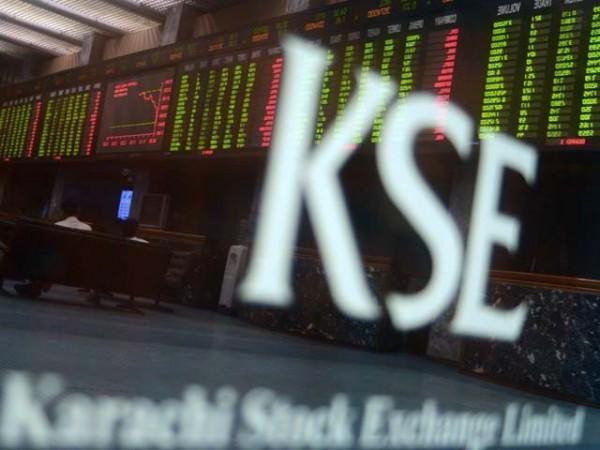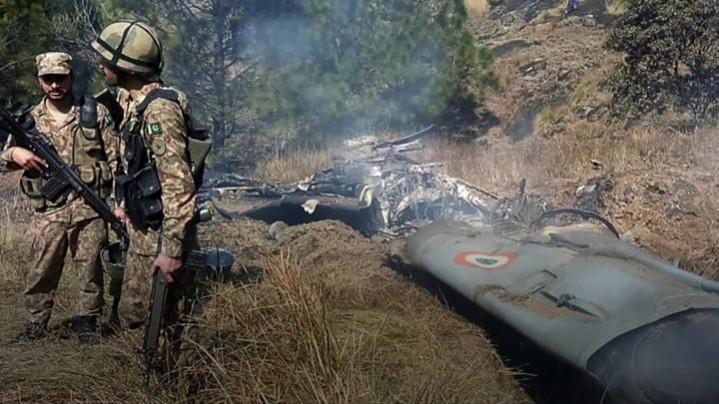
Hammered by geopolitical tensions, the Karachi Stock Exchange has remained volatile since the Indian Air Force (IAF) hit of a terrorist training camp in Balakot to avenge the suicide attack on Pulwama in Jammu and Kashmir.
The benchmark KSE100 index had tanked almost 1,500 points on Wednesday over news of escalating tension on the line of control (LoC) marked by retaliatory air raid from Pakistani Air Force (PAF) and reports of aircraft loss on both sides. It recovered a bit taking the cue from more conciliatory comments from leaders of both nations to close 785 points down at 38,821.

The market opened on Wednesday with the index showing a loss of 184 points in the first half hour, according to the Dawn newspaper. As panic rose, individual investors started to jettison shares at whatever the available price which sent the index reeling down 1,490 points.
According to observers, Wednesday's was the largest decrease in the last 55 trading days and was the first time in 32 sessions that the Index had dropped below 39,000 points, reports say. Calm returned by the end the of the day after the National Clearing Company of Pakistan report showed foreigner remained net buyers having bought shares worth $1.56 million.
Banks, companies and mutual funds also stood on the sidelines, fighting the urge to give way to risk over greed, according to reports.

On Thursday also the KSE-100 index saw an early loss of 128 points or 0.33 percent to touch 38,692.69 points. It started with brokers receiving a flurry of sell orders as TV screens flashed with news of shooting down two Indian jets that violated Pakistan's airspace. Fearing a full-scale war, investors dumped stocks, which saw the KSE-100 index tank by intraday low of 1,491 points.
Analysts at Topline Securities told Dawn that it was the most prominent intraday recovery triggered by Pakistan Prime Minister Iran Khan's conciliatory voice since July 28, 2017, the day Supreme Court disqualified former Prime Minister Nawaz Sharif from office.
Small investors took the biggest hit after the rapid triggering of margin calls. According to the National Clearing Company figures, individuals disposed of equity worth $5.85 million. Mutual Funds, which had been quiet the earlier day, went on to reduce positions of net $2.87 million to meet redemption calls as well as to shield their ''Capital protected funds'', the reports say.

Banks and large caps were the stabilizing factors absorbing much of the selloff at rock bottom valuations. Banks bought shares worth net $3.67 million and large companies accumulated stocks worth $2.23 million.








